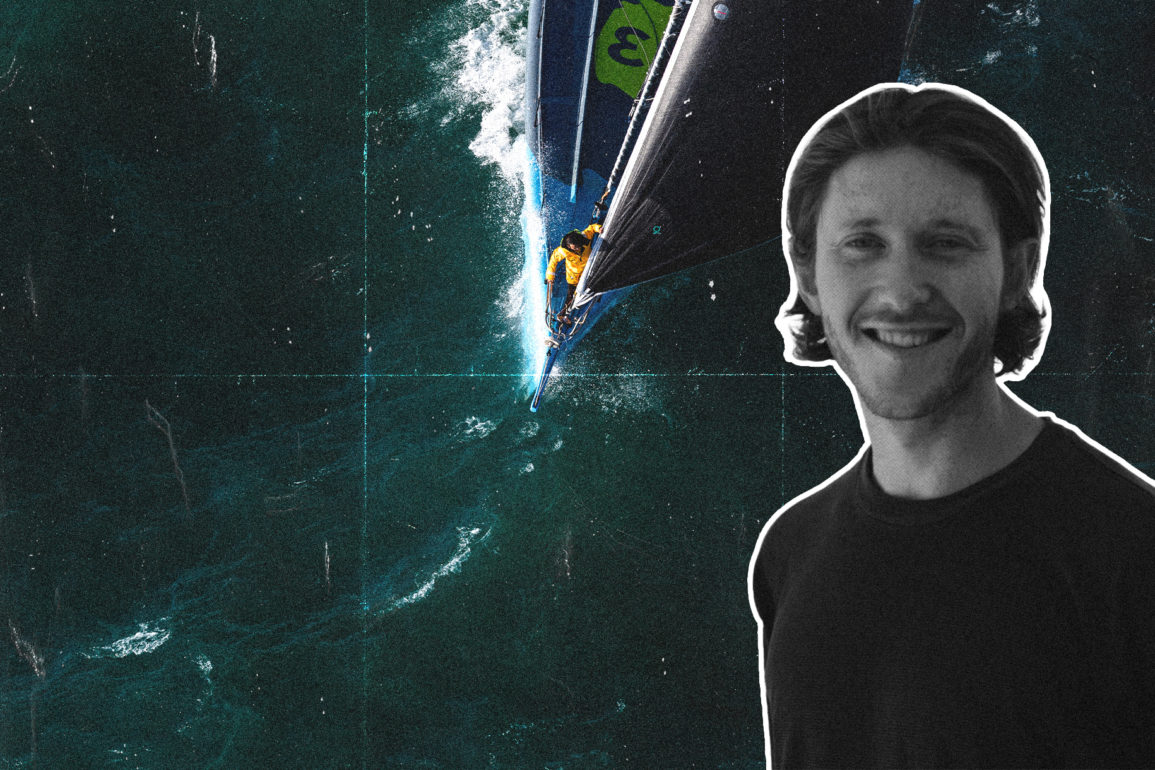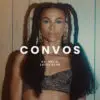Which films and filmmakers have been the most inspiring or influential to you and why?
I used to play a lot of basketball and my favorite film growing up was Hoop Dreams by Steve James. It wasn’t until 20 something years later, when I was starting in film, that I realized that it was actually a documentary. I hadn’t made that distinction in my mind when I was younger, it was just a great film, period. That stuck with me. The fact that documentaries didn’t need to just inform, they could succeed in the same way that fiction films do.
In regards to the ocean, someone who really opened my eyes to the vast amount of important stories to be told about the seas is Ian Urbina, a former New York Times reporter who wrote Outlaw Ocean, which was the best book I read last year hands down. Highly recommend it.
How did film festivals, filmmaking competitions, fellowships, internships, etc. play a role in your career?
Just out of university I got an internship with a startup online magazine called Ozy (now infamous for its outlandish investment practices). As problematic as the leadership of the company was, the staff was made up of extremely talented and committed journalists and editors. I came in basically never having written an article nor having taken a journalism class. So it was a real baptism by fire. Because of the startup nature of the company, young recent grads were given a lot of responsibility, unlike traditional outlets where it would take years to work up to that role.
We had a production quota of four to five feature articles per week, fully sourced with expert interviews on subjects that had never appeared in mainstream media. It was a big ask, but it gave me a lot of practice under pretty intense pressure. I learned the simple lesson that by jumping into the deep end, you improve faster. And that’s something I still try to live and work by.
The pandemic has greatly affected the entertainment industry. How did it affect your side of things?
Personally, the pandemic has affected me in similar ways than everybody else. Professionally, it really hasn’t affected me all that much. There’s less work, for sure. But I spent most of 2020 and 2021 shooting and editing Open Ocean, so I was at least able to focus on a project.
What were the monumental life lessons, mistakes, and things you’ve learned throughout your career that you would like to share with aspiring or emerging filmmakers and/or creatives in general?
My advice to aspiring filmmakers and creatives is to learn by doing. I never did any formal training to be a journalist, photojournalist or a documentary filmmaker. I learned the basics on the internet or through colleagues, then I just went out and practiced. It’s a tough way to go about starting a career; it can be lonely without the community of a school and it’s easy to be discouraged because you see how great all your peers’ work is. But I found that I learn faster if I make the mistakes myself instead of being taught them in a classroom.
If you’re just starting out as a documentary filmmaker, I’d recommend just going out with whatever equipment you have and start making films. You don’t need to travel to a faraway destination. Find a person or a story in your community — whether it’s a barbershop or a football team — and get your hands dirty. And I recommend, especially early on in your career, to get off social media, it doesn’t help.
I learned a lot of filmmaking on Youtube, for example. But you have to be producing your own work and learning your own lessons in order to evaluate properly what these filmmakers are saying. After I finish a film, I’ll listen to interviews from other directors or watch some tutorials for ideas on how to improve but always having my own work to reference back to. So in summary, the priority is to just do work; everything else comes after.
What do you think the future of filmmaking would look like? What kind of stories do you think will emerge and capture the attention of producers and executives?
Obviously I’m not the first to say that non-fiction content is having a bit of a moment right now. That’s an exciting prospect. But the unpredictable nature of documentary filmmaking can make it more difficult to invest in. Unlike a fiction film, where everything is more controlled, it’s hard for a filmmaker to guarantee that a documentary will deliver X story by X date because real life doesn’t work that way. That’s why a lot of the larger films being produced right now are about famous figures or current affairs since they are safer bets.
But in this boom of non-fiction filmmaking, I hope we don’t lose sight of the heart of the form, which I think is long-term, immersive film by those directly part of or deeply involved in a community and work that breaks down the distinction between fiction/non-fiction.
What’s your advice to aspiring filmmakers who want to break into the entertainment industry?
I don’t know if I’m the right person to ask, given that I don’t think I’ve “broken in” the industry. But I’d repeat the advice from a previous question, which is first, do work you care about. Then build or join a community of people doing similar work. Then reach out and network with the people who can help you get paid and continue doing that kind of work. Be patient and persistent and make sure you really believe and enjoy the work because the recognition and commercial success may never come.
What kind of legacy do you want to leave behind as a filmmaker?
I’d echo Werner Herzog who says that he sees himself as a “foot soldier of cinema.” In addition, I’d also like to be a foot soldier of the oceans.
Do you have other upcoming projects you want to share with us?
I just returned from the Coast of Death in Galicia where I’m researching a next feature about barnacle hunters. There are a dwindling group of men and women who risk their lives to harvest goose-neck barnacles, or percebes, a high-priced (and absurd-looking) delicacy that grow precariously on the edge of wave-beaten rocks in Galicia.
Synopsis:
“Spanish firefighter, Didac Costa, and his ragtag team of mostly volunteers put everything on the line to tackle arguably the most extreme sporting event on the planet – the Vendée Globe, a solo, non-stop and unassisted sailing race around the world. Costa battles mounting personal debt, an ill-timed lightning strike, a collision with a whale and finally, the Southern Ocean, home to the most inhospitable seas on Earth. A gripping portrait of an introvert obsessed with a dream that could very well kill him. Or elevate him to sporting immortality.”
The film is currently screening in select theatres in Barcelona and other cities in Spain and will be available on streaming platforms in Spring 2022. Make sure to check the following social media accounts for the latest updates:
Official Site: https://bit.ly/3sHSbSA
Instagram: @onaocean
Nathan Siegel’s Instagram: @_nathansiegel
Facebook: https://bit.ly/2WkDEju
Twitter: https://bit.ly/38cylFH




